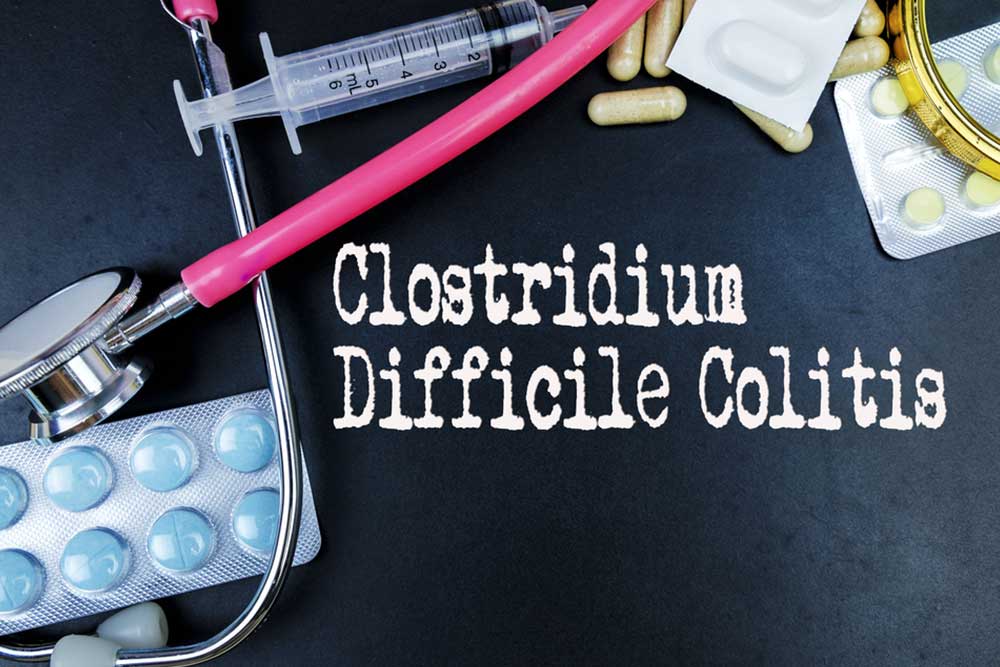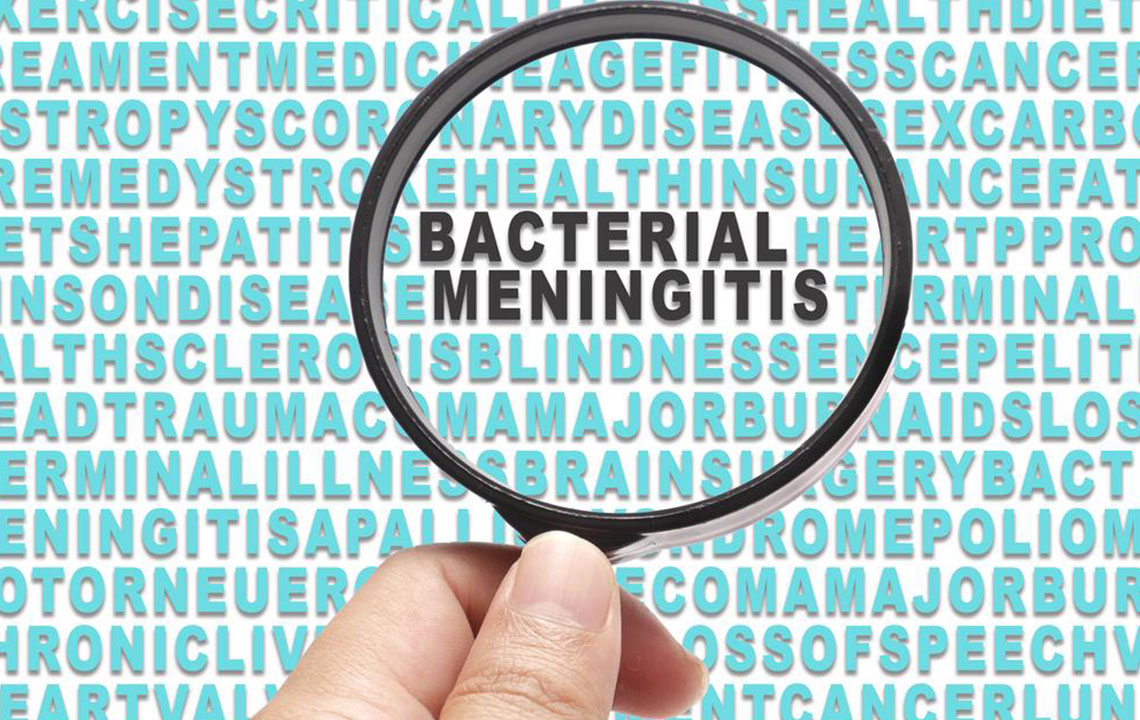Early Detection of Clostridium difficile-Induced Colitis
This article highlights the early indicators of Clostridium difficile-induced colitis, emphasizing importance of timely diagnosis. It covers risk factors, symptoms, and preventive measures to avoid severe health outcomes.

Early Signs of C. difficile-Induced Colitis
Clostridium difficile infection, also called C. difficile colitis, develops when the balance of gut bacteria is disturbed, allowing the bacteria to multiply. The bacteria produce toxins that cause inflammation and harm the intestinal lining. Antibiotic usage is a major factor that disrupts normal gut flora, leading to infection. C. difficile spores can spread through contaminated fecal matter, often infecting through contaminated surfaces or food. Recognizing early symptoms helps ensure timely treatment and reduces the risk of serious complications.
If infection is suspected, prompt medical intervention is crucial. Important information about C. difficile
About 3% of adult populations and two-thirds of infants typically carry C. difficile in their intestines without symptoms.
Nationwide, roughly 500,000 cases are reported annually.
Risk factors
Prolonged antibiotic treatments
Extended hospital stays
Use of broad-spectrum antibiotics
Older age
Recent bowel surgeries
Conditions like inflammatory bowel disease or colon cancer
Compromised immune systems
Early symptoms of C. difficile colitis
Symptoms usually emerge within 5 to 10 days of starting antibiotics, but can appear sooner or later. The severity varies.
Mild casesMarked by frequent watery diarrhea (over three times daily) lasting more than two days, often with mild abdominal discomfort.
Severe casesInvolve significant inflammation, dehydration, and urgent hospitalization. Symptoms include:
10-15 episodes of diarrhea daily
Severe abdominal pain and swelling
Nausea, fever, and decreased appetite
Dehydration and notable weight loss
High white blood cell count
Fast heartbeat
Blood or pus in stool
Possible kidney issues
Prevention focuses on hygiene and cautious antibiotic use. Prompt medical consultation is advised if symptoms develop.


